Why Enterprise Conversational AI Is Replacing Human Receptionists Everywhere
Why Enterprise Conversational AI Is Replacing Human Receptionists Everywhere

Think of enterprise conversational AI as chatbots that actually work. Unlike those frustrating automated systems that make you want to scream "representative!" into your phone, these systems get what you're saying and can actually help you.
But here's the real question: why should you care right now?
Your Competitors Are Stealing Your Customers While You Sleep
Your customers are already used to AI. 49% of people have already interacted to an AI customer service agent. A trend that's likely to grow.
The numbers tell the story: the global conversational AI market hit $15.50 billion in 2024 and it's growing at 23.7% every year through 2030.
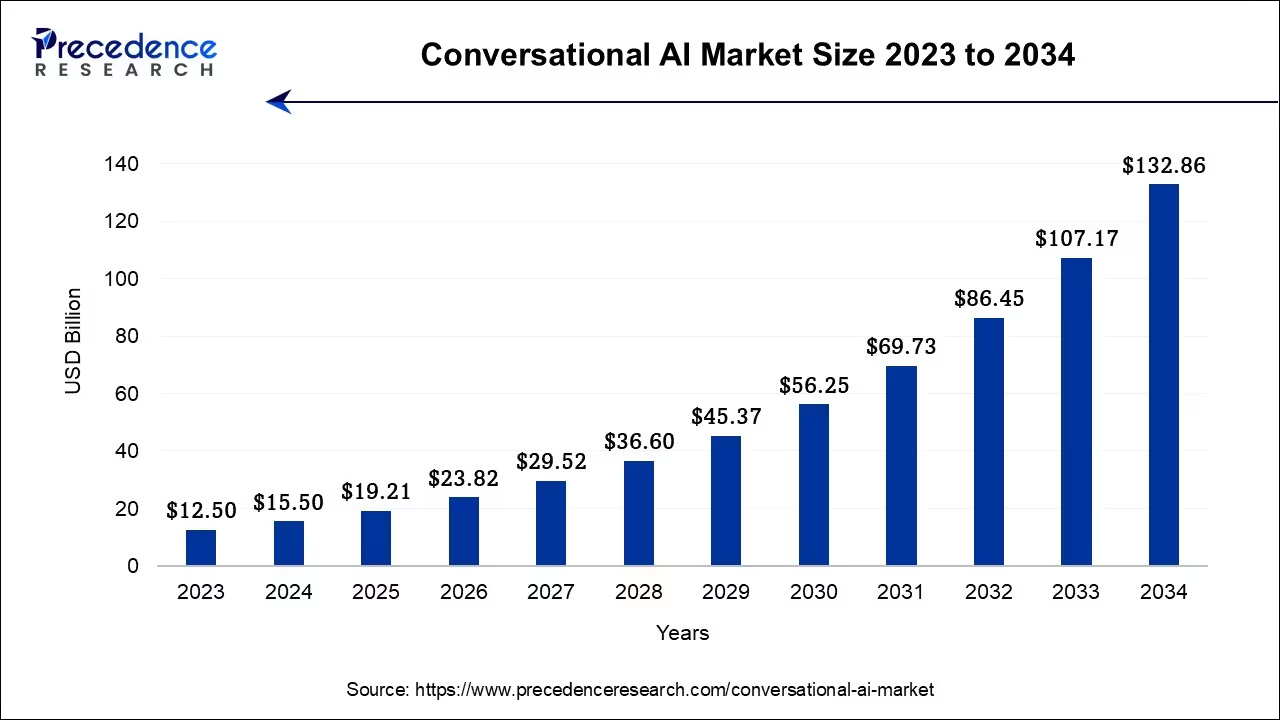
83% of companies say AI is a top business priority, and 35% are using it specifically to deal with staffing shortages.
Here's what this means for your business: while you're struggling to hire enough people to answer phones, your competition is handling more customers with better service using systems that work around the clock. The gap is widening fast.
Why Smart Businesses Never Put Customers on Hold
No More Phone Tag
You know those chatbots that feel like digital phone trees from hell? That's old school. The new stuff actually understands what you mean, not just the exact words you use. When you say "I can't log in" or "my account is broken" or "this thing won't work," it figures out you need password help.
These systems remember what you talked about five minutes ago. They don't make you repeat your account number three times or start over when you ask a follow-up question.
Why Pure AI Customer Service Fails Every Time
But here's the secret: the best AI systems aren't trying to replace humans completely. They handle the easy stuff so real people can deal with the complicated problems. This hybrid approach exemplifies how AI is reshaping the future of selling by enhancing human capabilities rather than replacing them. This hybrid approach works because pure automation breaks down when things get weird or emotional.
The AI Receptionist from Smith.ai shows how this works in practice. They combine AI efficiency with human backup to hit unprecedented levels of accuracy. When the AI gets confused, a real person jumps in without the customer even noticing.
The companies that get this right use AI like a really good assistant, not a replacement for human judgment. By incorporating both AI and human service, businesses can focus on building a small business customer loyalty program to keep customers coming back. 66% of people expect businesses to remember their preferences and history, and hybrid systems deliver on that expectation.
By combining AI with human touch, businesses can significantly improve customer experience. Learn more about AI in enhancing customer experience.
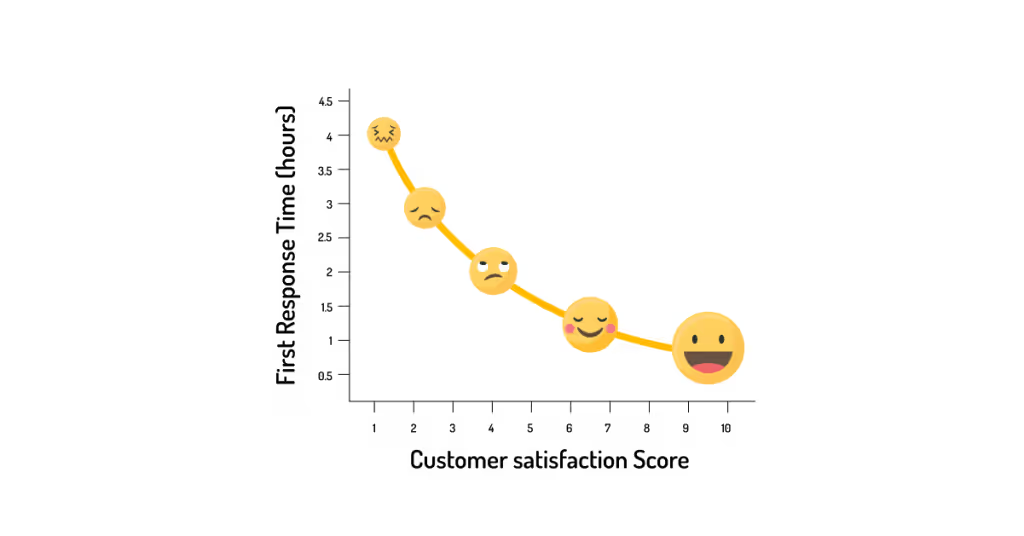
How Different Industries Use Enterprise Conversational AI
Legal Firms
Law firms deal with potential clients who need help right now, often outside normal business hours. These AI systems walk people through detailed intake questionnaires, figure out if the firm can help, and identify urgent cases that need immediate attention.
They schedule consultations with the right attorneys and handle basic questions about the firm's services. This lets lawyers focus on actual legal work instead of playing phone tag with potential clients.
Home Services
When your water heater breaks at 2 AM, you don't want to leave a voicemail. AI systems for home services triage emergencies, walk customers through basic troubleshooting, and dispatch technicians when needed. They handle routine maintenance scheduling and manage the chaos of coordinating multiple service calls.
Customer service becomes automatic for common questions about warranties, service contracts, and billing. The system knows your service history and can give you real answers without making you wait.
Marketing Agencies
Agencies juggle multiple clients with different needs and expectations. AI systems route client questions to the right account managers and keep detailed logs of every interaction. They utilize AI lead management tools to qualify leads for specific services, leveraging AI tools for sales growth to help agencies show better results to their clients. By leveraging AI-powered advertising, agencies can improve client targeting and engagement.
The cost savings let agencies offer better service without hiring more account management staff. Performance reporting happens automatically, keeping clients updated without eating up billable hours. These efficiencies can significantly improve conversion rates. By optimizing small business advertising, agencies can achieve cost-effective client engagement.
Healthcare and Professional Services
Patient intake involves insurance verification, medical history, and appointment scheduling while following privacy rules. AI systems handle routine scheduling, prescription refills, and appointment reminders without compromising patient information.
Follow-up communication manages care coordination and treatment reminders. Everything gets documented properly for regulatory compliance while keeping patients engaged through consistent communication.
Technology Behind Conversational AI
The foundation is natural language processing, which is a fancy way of saying "understands how people actually talk." Speech recognition converts your voice to text in real time, and it's gotten scary good. Multi-language support means one system can handle customers who speak different languages without needing separate setups.
But the real magic happens when these systems connect to your existing business tools like CRM, billing, and scheduling integrations. All of it talks to each other so customers get real answers in real time. These integrations allow you to engage your audience with interactive marketing, providing personalized experiences that drive customer satisfaction.
Five Non-Negotiable Requirements Before You Buy Anything
Here's what matters when you're shopping for these systems:
- Grows with your business without requiring a computer science degree to manage
- Fast implementation - weeks, not months to get up and running
- Human backup when AI hits its limits with clear escalation paths
- Integrates with existing systems so you don't have to replace everything
- Quality over lowest price because cheap systems that frustrate customers cost more in the long run
The Expensive Mistakes Everyone Makes
Don't build a system that's more complex than what you actually need. Many businesses underestimate how tricky integration can be and end up with delayed launches and budget overruns. Focusing only on price without considering quality leads to customer service disasters.
The biggest mistake is not planning for what happens when the AI can't handle something. You need clear paths for human agents to take over, and those agents need proper training on how the system works. Effective management plays a significant role here; investing in hiring and training effective managers can set your team up for success.
Top 10 Enterprise Conversational AI Providers
Here are 10 companies worth looking at when you're ready to implement enterprise conversational AI:
1. IBM Watson Assistant
IBM Watson Assistant handles complex enterprise workflows with strong integration capabilities. Best for large organizations that need extensive customization and have dedicated IT resources.
2. Microsoft Bot Framework
Microsoft Bot Framework works seamlessly with Microsoft's business ecosystem. Perfect if you're already using Office 365, Teams, and other Microsoft tools throughout your organization.
3. Google Dialogflow
Google Dialogflow offers powerful natural language processing with Google's AI technology. Great for developers who want to build custom solutions with enterprise-grade infrastructure.
4. The AI Receptionist from Smith.ai
The AI Receptionist from Smith.ai combines AI efficiency with human backup for businesses that need reliable phone answering without the complexity. Their hybrid approach works especially well for law firms, home services, and marketing agencies.
5. Zendesk Answer Bot
Zendesk Answer Bot integrates directly with existing customer service workflows. Ideal if you're already using Zendesk for support tickets and want to add AI capabilities.
6. LivePerson
LivePerson specializes in messaging and chat-based customer service. Strong choice for retail and e-commerce businesses that handle high volumes of customer inquiries.
7. Twilio Flex
Twilio Flex provides building blocks for custom contact center solutions. Best for companies with development teams who want to create tailored experiences.
8. Amazon Lex
Amazon Lex powers Alexa and offers voice and text chatbot capabilities. Good fit if you're already using AWS infrastructure and want tight integration.
9. Freshworks
Freshworks combines AI chat with CRM and helpdesk functionality. Works well for growing businesses that want everything in one platform.
10. Intercom
Intercom focuses on customer messaging across multiple channels. Strong option for SaaS companies and businesses with mobile apps.
The right choice depends on your current tech stack, team size, and specific industry requirements. Most of these companies offer free trials or demos, so you can test how well they understand your particular use cases before committing.
The Enterprise Conversational AI Revolution Is Here
Enterprise conversational AI isn't experimental anymore. It's how smart businesses handle customer communication while cutting costs and improving service quality. It also offers opportunities to expand your business's products and services to tap into new revenue streams.
You don't need a huge IT team or unlimited budget to get started. Success comes from choosing the right system and focusing on making customers' lives easier rather than just saving money.
Ready to explore how enterprise conversational AI can work for your business? Book a free consultation or contact hello@smith.ai to discuss your specific requirements.
Take the faster path to growth. Get Smith.ai today.
Key Areas to Explore

Your submission has been received!




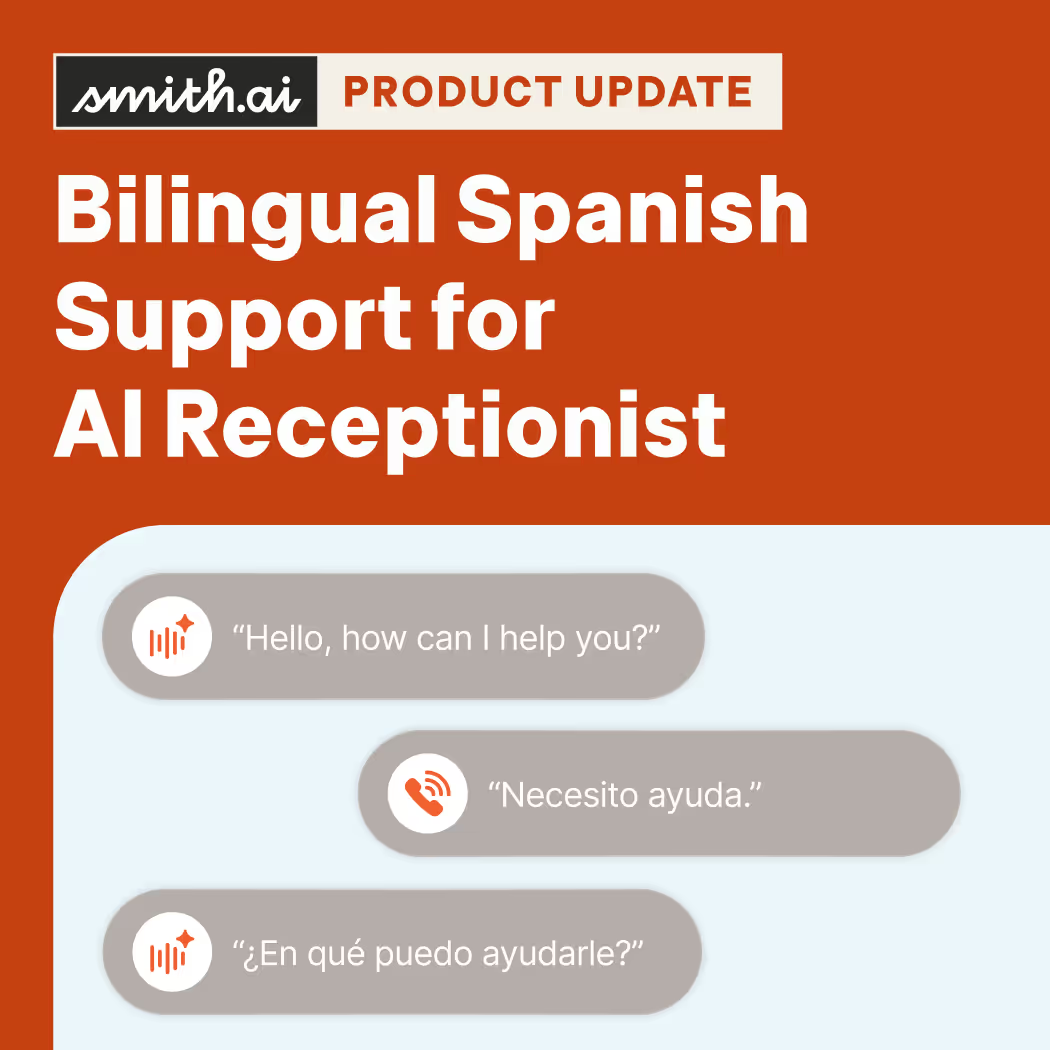


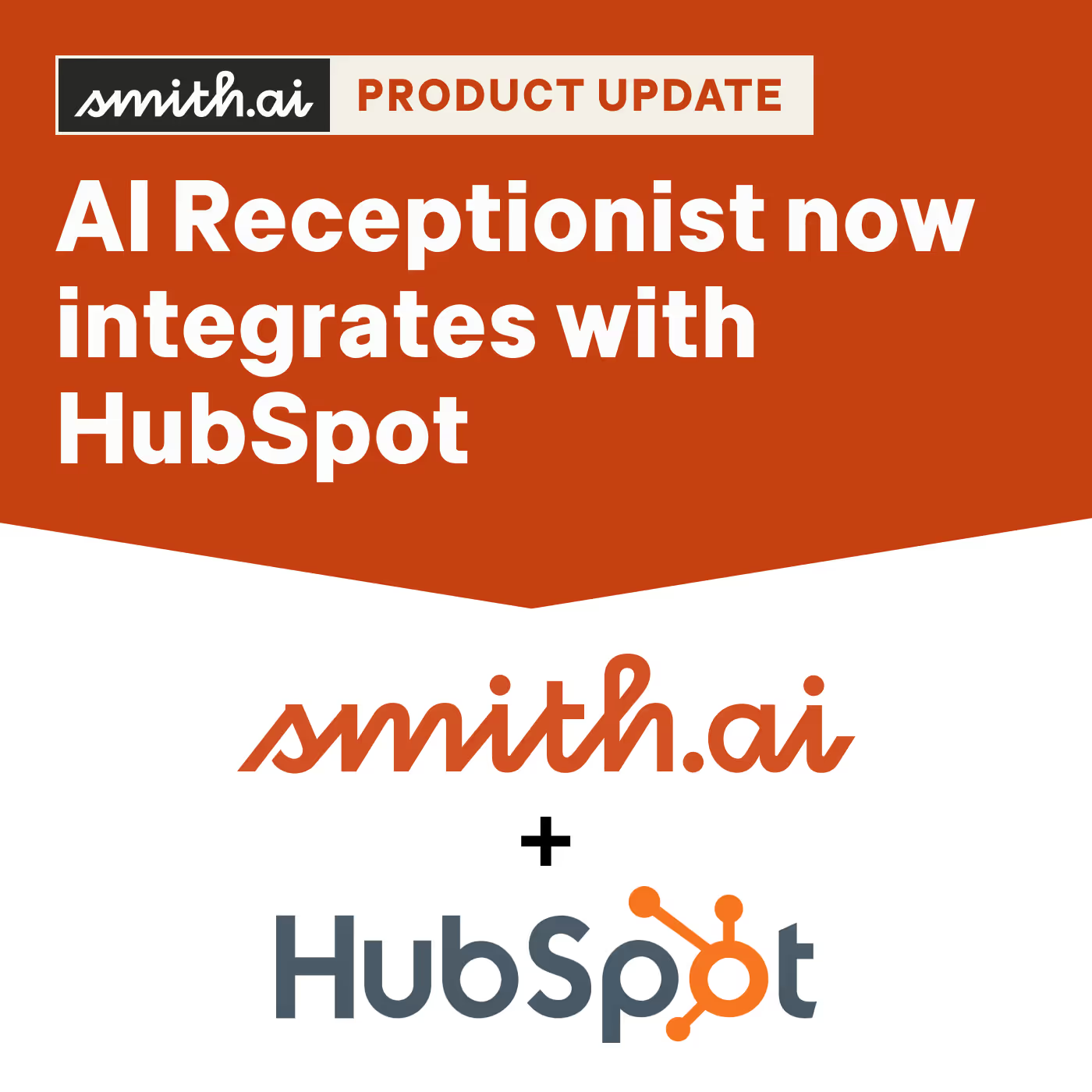
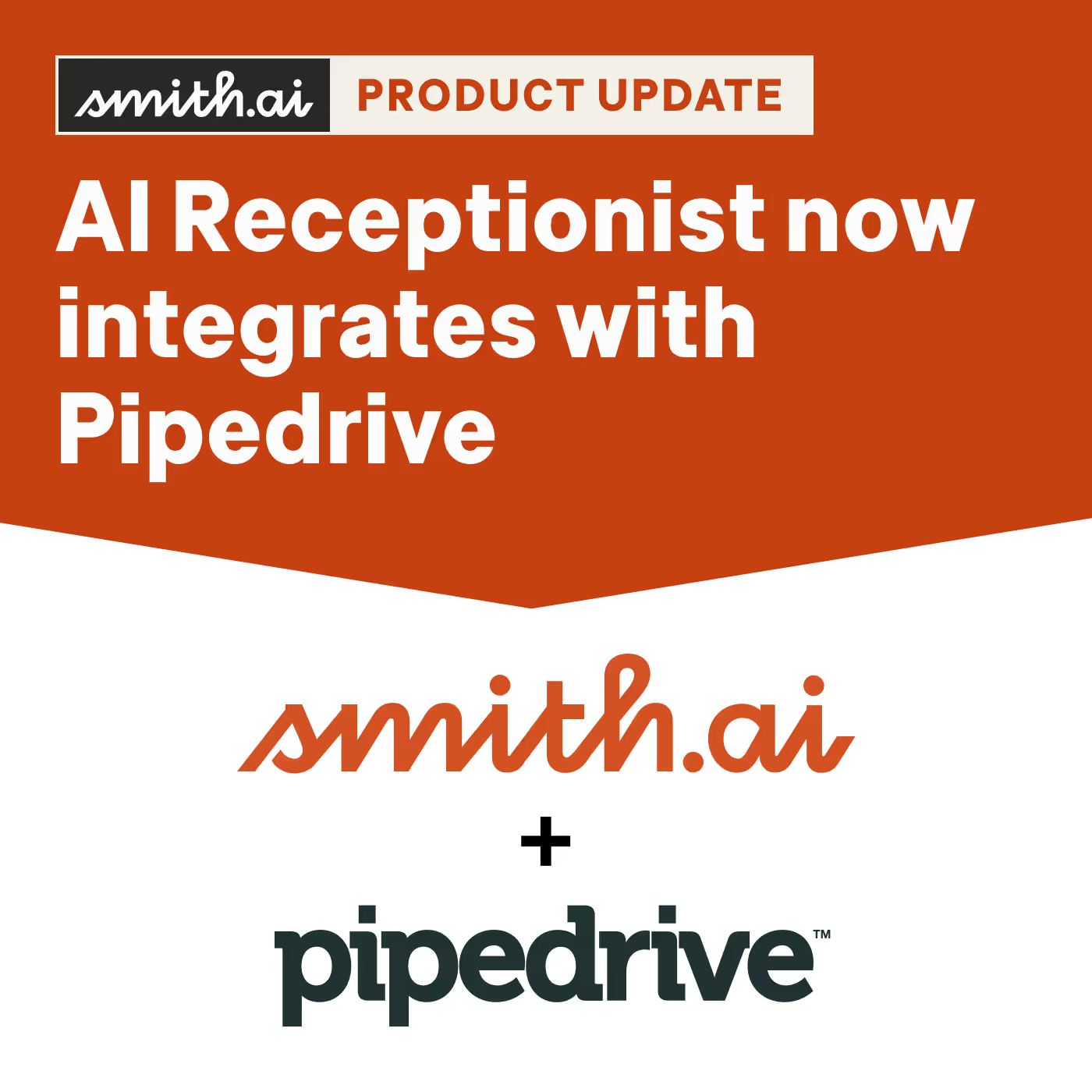
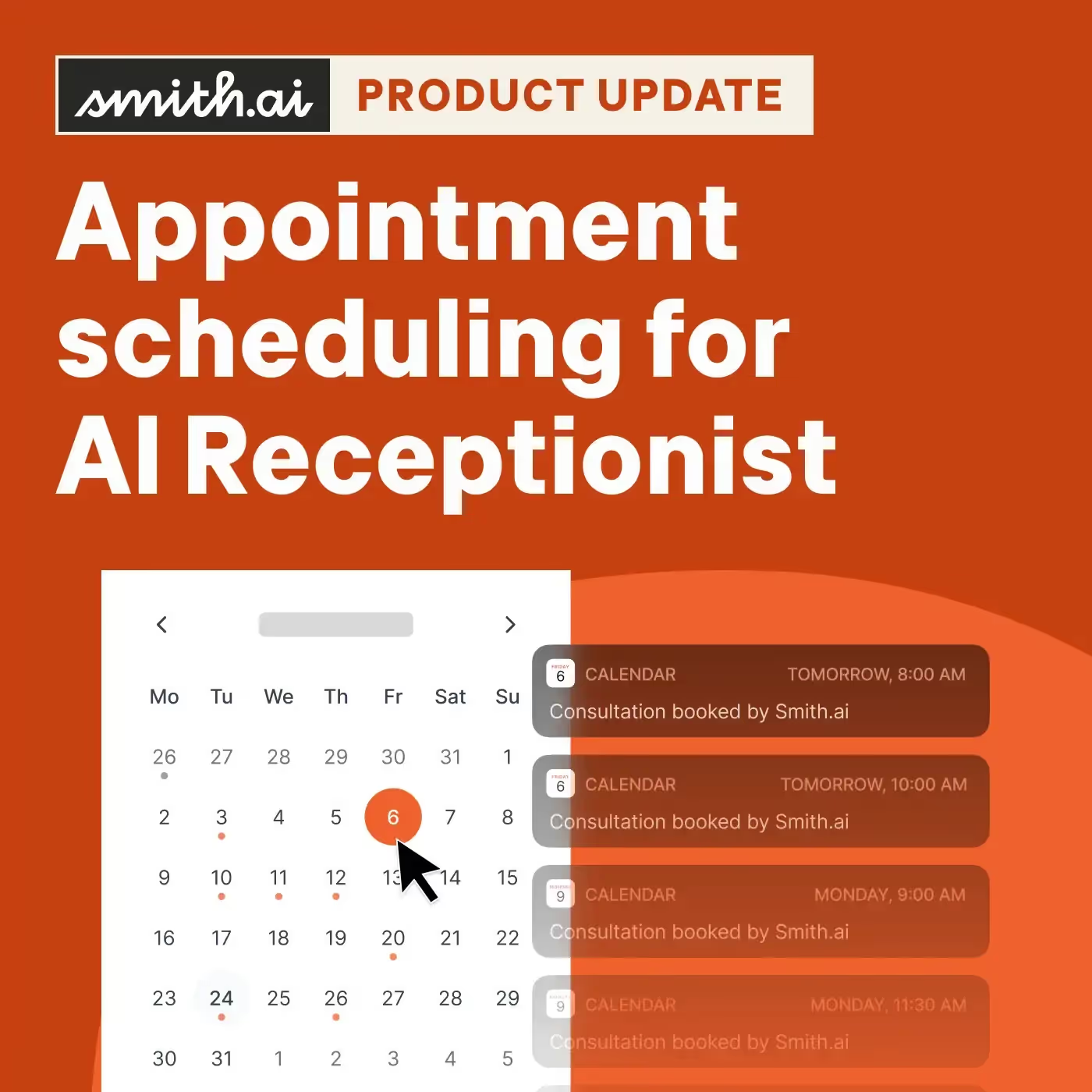
.svg)



